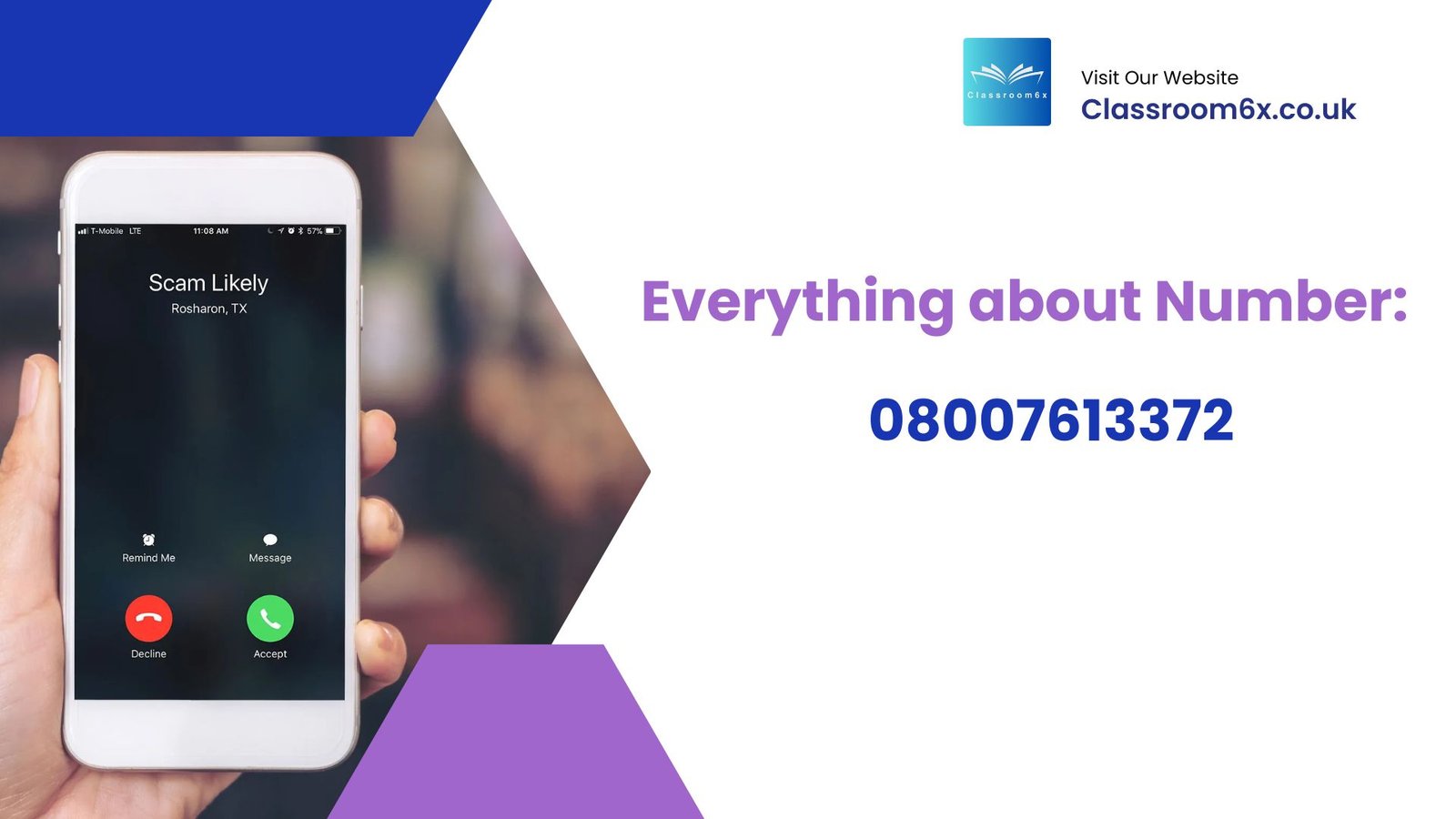KOSA – The growing reliance on digital interactions has made it daunting to filter out who is accessing services on online platforms. The Internet, a continuous source of entertainment, education, and information, can expose children to the dark side of the digital age. Young users in seek of games or accessing services often fall victim to predators, who exploit young minds for cyberbullying, sexual abuse, or targeted marketing. It is reported nearly 300 million children globally fall victim to online sexual abuse, profoundly impacting the psychological and social development of the sufferers.
Jurisdictions globally are introducing age verification laws mandating online service providers and social media platforms to implement robust measures to actively verify the age of users before granting them access to services, creating a safe zone for young users. Complying with such laws is crucial to safeguard users and evade legal repercussions.
What is the Kids Online Safety Act?
KOSA (Kids Online Safety Act), a bill intended to safeguard young users from the myriad of risks presented by the digital world, was introduced by senior Senators Richard Blumenthal and Marsha Blackburn on 02 May 2023. The bill is under consideration and yet to be passed by the Senate. It’s a matter of time whether this bill brings good or harm, but this act intends to create a safe digital world for young users. The act would strictly mandate online platforms to accurately conduct age verification and design their websites in a sophisticated way to protect kids from harmful content.
As the act’s mandate, it would be compulsory for social media platforms to take concrete steps to make the internet a safe zone, particularly for users under 17 years old.
Key Provision of the Bill
The bills include a range of responsibilities outlining social media platforms to care of their critical role in this perspective and adhere to the required standards.
Age-appropriate Website Design
Online platforms must design their websites in such a way young users can effortlessly access the services, this includes simple clear language, natural design, and security features, fostering user interface. In addition, these platforms must introduce content filtering tools that can automatically prevent minors from accessing age-exclusive content or services like hate speech, violence, or explicit content.
Protection of Private Information
It’s crucial to collect minimal data from young users to verify their age and there must be robust security protocols to safeguard confidential information from data breaches or hacking. KOSA Act mandates online platforms to collect the personal information of the kids after obtaining explicit consent from the parents or guardians. Collecting only required data can facilitate online platforms to verify a user’s age securely. Furthermore, implementing stringent security tools and features can ensure the protection of kid’s sensitive information against spoofing or data breaches. The act would strictly mandate online platforms to accurately conduct age verification and design their websites in a sophisticated way to protect kids from harmful content.
Parental Control & Oversight
KOSA Act gives parents the ultimate control over their kids’ activities and enables them to evaluate what type of services their children are accessing. Furthermore, the act would require online platforms to introduce robust tools for parents’ control enabling parents to monitor usage, manage privacy, control purchases, or report issues, allowing parents to restrict kids’ access to age-restricted services. Jurisdictions globally are introducing age verification laws mandating online service providers and social media platforms to implement robust measures to actively verify the age of users before granting them access to services, creating a safe zone for young users. Complying with such laws is crucial to safeguard users and evade legal repercussions.
Accountability & Transparency
The bill will require online platforms to establish clear and transparent reporting procedures, allowing users to report harmful content or inappropriate behavior effortlessly. Furthermore, the KOSA Act requires platforms to have robust measures in place to manage reports efficiently and quickly. The robust actions could include removing harmful content from the website or banning offending users to ensure the creation of a safe digital world.
Content Moderation
Online platforms must use advanced algorithms to automatically filter content and restrict children’s access to harmful content. Explicit content containing cyberbullying, harassment, or violent behavior must be handled carefully, as exposure to such content could badly impact the development of young minds. Maintaining the integrity of the online world for kids and protecting them from explicit content is highly essential to ensure kid’s mental well-being.
Enforcement & Penalties
Federal Trade Commission (FTC), an independent agency in the US, would be responsible for the appropriate enforcement of KOSA. The agency can freely investigate any cases of non-compliance and enforce online platforms to adhere to the guidelines properly. If any platform fails to meet the regulatory requirements, it will face heavy fines, severe penalties restrictions on operations. To avoid legal repercussions, online platforms are suggested to adequately comply with the KOSA act.
Final Thoughts
The rapid proliferation of digital interactions and social media platforms has offered innovation and innumerable opportunities however, at the same time, it has presented significant challenges to the safety of kids. To protect kids from the menace of the online world, many jurisdictions have introduced age verification laws mandating online service providers and social media platforms to verify users’ age precisely and reduce online dangers by taking robust measures. Any non-compliance could lead to legal repercussions and heavy penalties.
Read more articles related to safety and security at Classroom 6x.





